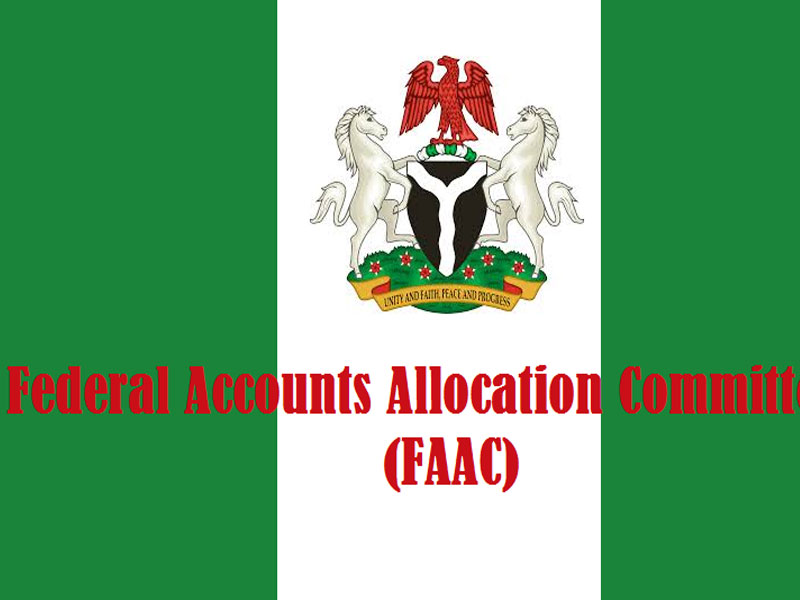US govt shuts down as Senate deadlock blocks funding bill

The US government has shut down after a Senate funding deadlock, disrupting services and leaving federal workers unpaid.
The United States government has entered a shutdown after senators failed to agree on a last-minute funding measure, marking the first such halt since late 2018. The political deadlock, which unfolded in Washington on Wednesday, is expected to disrupt several public services while keeping essential operations running—albeit in some cases without pay for workers.
The shutdown commenced following the Senate’s rejection of a short-term spending measure that would have kept government operations afloat through November 21.

President Donald Trump had earlier warned of “irreversible” mass firings of federal employees if the shutdown went ahead, while both parties have engaged in sharp exchanges of blame. Republican Senator John Thune insisted his party would not be “taken hostage,” while Senate Democratic leader Chuck Schumer accused Republicans of spreading “lies.”
A White House memo had earlier directed agencies to implement their “orderly shutdown” plans, though the duration remains uncertain. Essential workers—including border agents, law enforcement officers, in-hospital medical staff, and air-traffic controllers—will continue working, but many will do so without pay. Kristi Noem of the Department of Homeland Security confirmed more than 200,000 DHS staff, including 150,000 officers and 50,000 military personnel, will remain on duty unpaid.
Other federal workers are now on unpaid leave. Past shutdowns saw national parks close entirely, but under contingency plans this time, many will remain partially open. Conservationists, however, have warned that keeping parks open without full staffing risks damaging landscapes and jeopardising visitor safety.
Key public programmes such as Medicare and Medicaid will continue, though staffing shortages could cause delays. The Supplemental Nutrition Program for Women, Infants, and Children (WIC) is expected to run out of funding rapidly, leaving vulnerable families at risk. The National Flood Insurance Program will also be suspended, affecting property sales. Flyers could face long security queues and delays if unpaid air traffic controllers stay home rather than work without pay.
At the heart of the shutdown is a dispute over government spending. Republicans, who control 53 Senate seats, attempted to push through a “clean continuing resolution” (CR) to temporarily extend government funding without additional policy measures. However, the bill required 60 votes, leaving Republicans dependent on Democratic support.
Democrats, leveraging their position, demanded concessions on healthcare, including maintaining subsidies for low-income health insurance and reversing Trump administration cuts to Medicaid. The two sides reached an impasse, leading to the shutdown.
Despite the disruption, global financial markets appear largely unfazed, viewing the crisis as a temporary setback. Still, for millions of federal workers and American families, the shutdown brings uncertainty.
Until Congress can pass a new funding bill, the standoff is set to continue, with both sides locked in a high-stakes political battle and Americans caught in the crossfire. ARISETV









